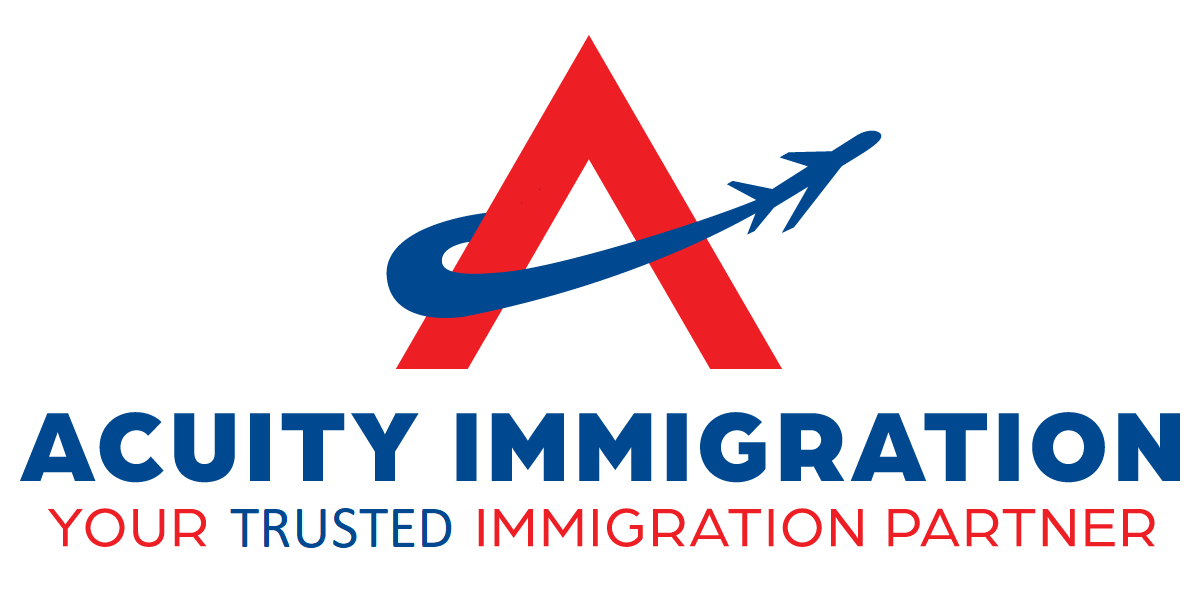Navigating LMIA and BC-PNP Work Permits: An Employer's Perspective
Acuity Immigration
Immigration Consultant
In the quest to attract and retain skilled workers, Canadian employers have a plethora of options at their disposal. Two popular pathways are the Labour Market Impact Assessment (LMIA) and the British Columbia Provincial Nominee Program (BC PNP). Let's delve into each from an employer's perspective.
BC-PNP: Attracting Talent with Ease
The BC PNP is a boon for employers in British Columbia looking to fill permanent positions with skilled workers or recent graduates. It offers a streamlined process wherein nominated employees receive a work permit support letter, enabling them to commence work promptly. Moreover, this nomination grants the employee 600 points in their Express Entry Profile, facilitating their journey towards permanent residency in Canada.
Eligibility Requirements for B.C. Employers
To qualify for the BC PNP, employers must:
- Be established in British Columbia.
- Fulfill domestic labor market recruitment criteria.
- Offer full-time, permanent employment.
- Provide wages aligned with industry standards.
- Complete the employer declaration form and furnish supporting documents about their business.
Responsibilities as an Employer
Employers must:
- Notify the BC PNP promptly of any changes in the employee's status.
- Understand that misrepresentation can result in the rejection of applications supported by their business for up to two years.
Supporting an Application
Employers supporting BC PNP applicants do not require a federal LMIA, offering a simplified route to hiring foreign workers. Employees can initiate the process by submitting a registration at any time, and upon receiving an invitation to apply, they have 30 days to compile necessary documentation, submit their application, and pay the fee.
LMIA: Tapping into Global Talent
LMIA-based work permits provide employers with access to a diverse talent pool from across the globe. By demonstrating a genuine need for hiring foreign workers, employers can address specific workforce requirements and foster diversity and innovation in the workplace. LMIA-based work permits typically offer stability, spanning two to three years.
Eligibility Criteria
Employers seeking LMIA-based work permits must:
- Substantiate a genuine need for hiring foreign workers.
- Demonstrate efforts to recruit Canadians and permanent residents.
- Ensure compliance with all relevant labor laws and regulations.
- Obtain a positive LMIA from Employment and Social Development Canada (ESDC), with or without the employee's name.
Various LMIA Options
LMIA-GTS (Global Talent Stream): Offers expedited access to top-tier talent within the LMIA framework.
High-Wage and Low-Wage LMIA: Distinguished by salary thresholds and recruitment requirements, catering to different job categories.
Conclusion
In conclusion, both the BC PNP and LMIA pathways present viable options for Canadian employers seeking to augment their workforce with skilled professionals. Understanding the intricacies of each program empowers employers to make informed decisions that align with their hiring needs and organizational objectives.
